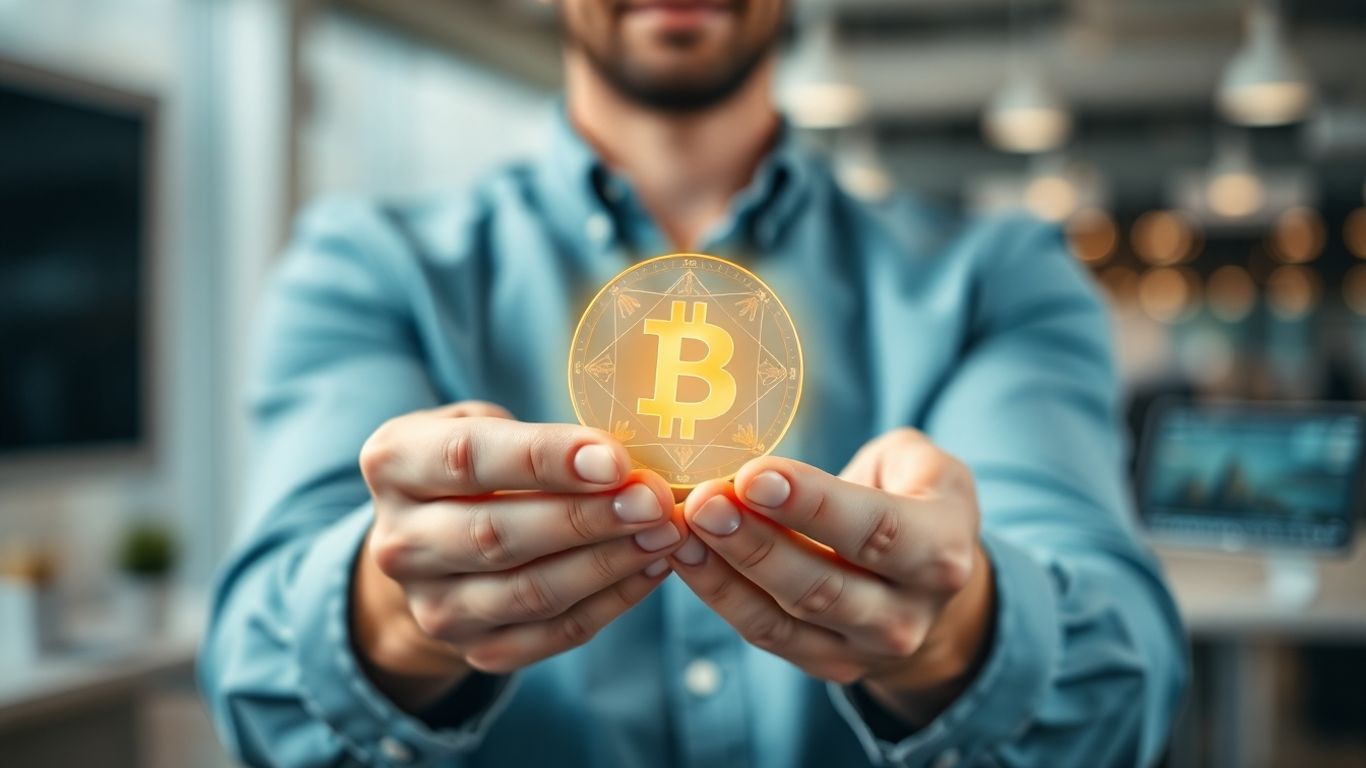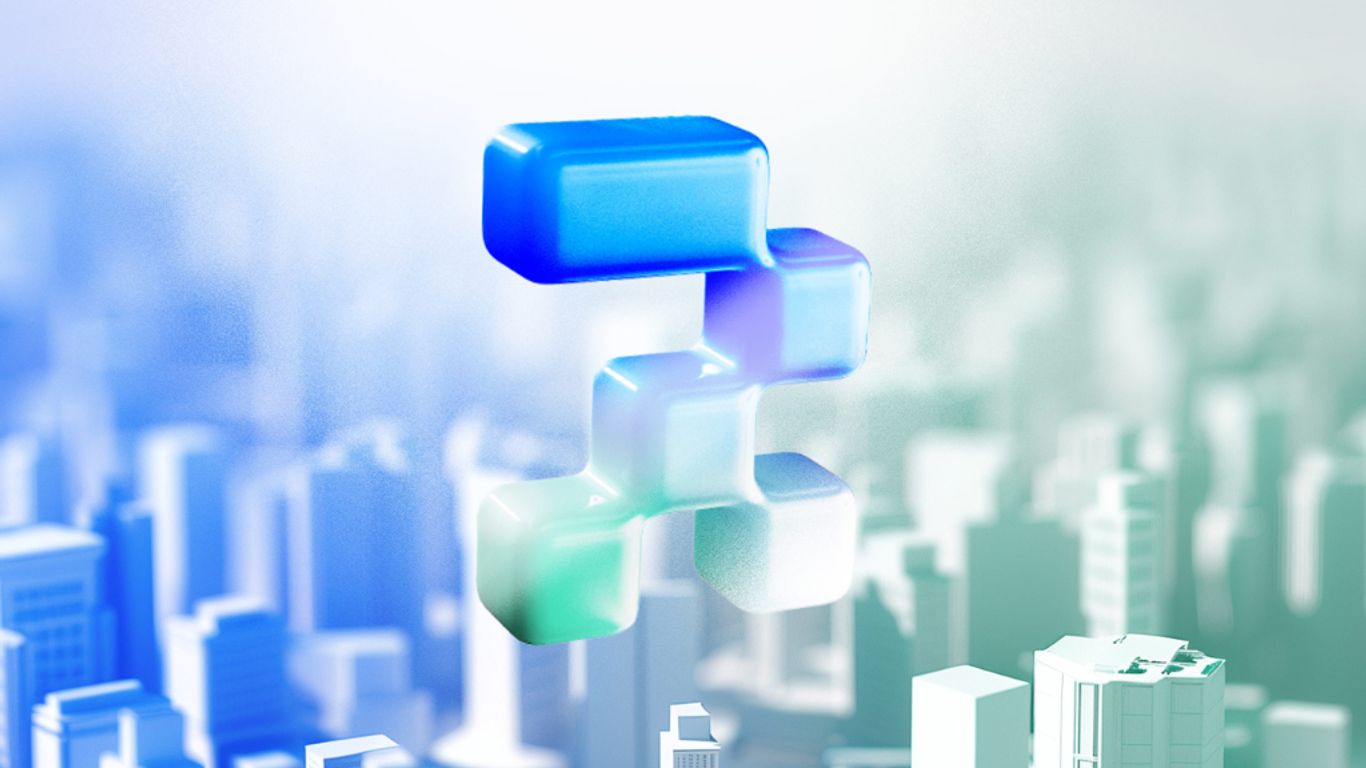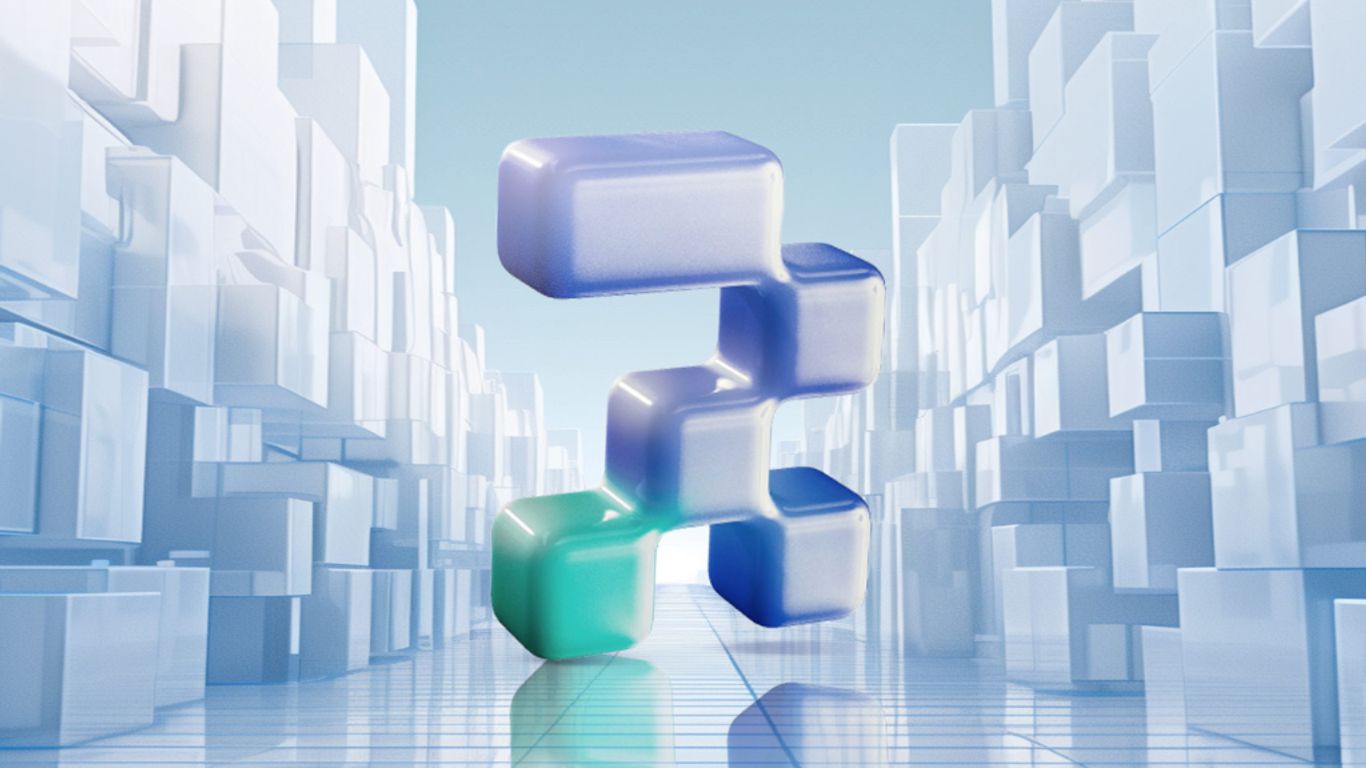Thinking about how to get your small business the funding it needs? Maybe you've heard about tokenization but aren't sure if it's just for big companies. Well, good news! Tokenization for SMEs is becoming a real thing, and it could be a game-changer. It’s basically a way to turn parts of your business or its assets into digital tokens on a blockchain. This makes it easier to sell those parts to investors, both near and far. Let's break down what that means for your small business.
Key Takeaways
- Tokenization turns real-world assets into digital tokens, making them easier to trade and own in smaller pieces.
- For small and medium-sized enterprises (SMEs), tokenization can open doors to a wider pool of global investors.
- This process can cut down on costs associated with traditional fundraising by reducing the need for intermediaries.
- Blockchain technology provides transparency in transactions, which can help build investor trust in your business.
- Different assets like company shares, real estate, or even future revenue streams can be tokenized to suit various business needs.
Understanding Asset Tokenization For Small Businesses

So, you've heard about tokenization, right? It sounds fancy, but for small businesses, it's really about making your assets work harder for you. Basically, asset tokenization is the process of taking something valuable you own – like a building, a piece of art, or even your company's shares – and turning it into a digital token on a blockchain. Think of it like cutting a cake into smaller slices; each slice is a token representing a piece of the original asset. This makes it much easier for people to buy, sell, or trade ownership in that asset, often in smaller amounts than you could before.
At its core, asset tokenization is about digitizing ownership. Instead of a paper deed or a stock certificate, you have a digital token. This token lives on a blockchain, which is like a super secure, shared digital ledger that records every transaction. Because the blockchain is transparent and tamper-proof, it builds trust. For a small business, this means you can take an asset that might be hard to sell or divide, like a commercial property, and break it down into many digital tokens. Investors can then buy these tokens, giving you access to capital without selling the whole asset or taking on traditional loans. It’s a way to make illiquid assets, or assets that aren't easily bought and sold, much more accessible and tradable.
There are a few moving parts to making tokenization happen. You've got the actual real-world asset you're tokenizing – this is the physical or intangible thing of value. Then there's the blockchain technology itself, which acts as the secure backbone. The digital tokens are what represent ownership or a stake in that asset. Crucially, smart contracts are involved; these are like automated agreements written in code that manage the creation, transfer, and rules of the tokens. Finally, legal and regulatory compliance is a big one; you have to make sure everything you do follows the rules, which can vary a lot depending on where you are and what you're tokenizing.
- Real-World Asset: The physical or intangible item of value (e.g., real estate, art, intellectual property).
- Blockchain Technology: The distributed ledger system that records and verifies transactions securely.
- Digital Tokens: Digital representations of ownership or rights to the underlying asset.
- Smart Contracts: Self-executing code that automates the terms and conditions of token ownership and transfer.
- Regulatory Compliance: Adhering to legal frameworks governing digital assets and securities.
Tokenization essentially creates a digital wrapper around an asset, making it easier to manage, transfer, and trade while maintaining a clear record of ownership and transactions.
Pretty much anything with value can be tokenized, which is pretty exciting. You've got real estate, where you can sell fractional ownership of a building. Then there's equity, meaning you can tokenize shares of your company to raise capital. Intellectual property, like patents or music rights, can also be tokenized, opening up new ways to earn from your creations. Even things like fine art, collectibles, or future revenue streams can be turned into tokens. The idea is to make these assets more accessible and liquid for a wider range of investors.
Benefits of Tokenization for SMEs
So, you're running a small or medium-sized business and thinking about how to get more funding or make your assets work harder. Traditional ways of doing things can be slow and really expensive, right? You end up dealing with a lot of paperwork, banks, and lawyers, and it can tie your hands. Tokenization changes that game. It's basically a way to turn parts of your business or its assets into digital tokens that people can buy and sell. This opens up a whole new world of possibilities for getting capital and making your business more flexible.
Attracting Global Investors
Forget being limited to investors in your town or even your country. When you tokenize an asset, like a piece of your company's equity or future revenue, you're essentially putting it on a global marketplace. Anyone with an internet connection and the right digital wallet can potentially invest. This is huge for businesses whose products or services have international appeal. You're not just looking for local money anymore; you're tapping into a worldwide pool of potential backers. It’s like setting up shop on a digital Main Street that spans the entire planet.
Reducing Operational Costs
Think about how much it costs to raise money the old-fashioned way. There are fees for banks, brokers, lawyers, and all sorts of administrative stuff. Tokenization cuts out many of these middlemen. Because transactions are recorded on a blockchain and often managed by smart contracts, you need less human intervention. This means fewer fees and less time spent on administrative tasks. You get to keep more of the money you raise, and your operational costs go down. It’s a more efficient way to handle financial processes.
Enhancing Investor Confidence Through Transparency
People want to know where their money is going and that it's being handled properly. Blockchain technology is inherently transparent. Every transaction, every token movement, is recorded on an unchangeable ledger. This means investors can see exactly what's happening with their investment. There's no hiding anything. This level of openness builds trust. When investors trust the process and feel confident that everything is above board, they are more likely to invest and stay invested. It removes a lot of the guesswork and potential for fraud that can worry people in traditional finance.
Improving Asset Liquidity
Many small business assets, like a stake in a private company or a piece of real estate, are what we call
Implementing Tokenization Strategies
So, you've decided tokenization is the way to go for your small business. That's great! But how do you actually get started? It's not just about pressing a button; there's a bit of planning involved. Think of it like building something solid – you need the right materials and a good blueprint.
Understanding Your Specific Asset
First things first, you really need to know what you're tokenizing inside and out. Is it a piece of property? A share of your company? Maybe some intellectual property? You've got to figure out its current worth, who might want to invest in it, and what the legal rules are around it. This isn't just a quick check; it's about getting a clear picture so you can set the right value for your tokens and know what you're dealing with legally.
Selecting the Right Blockchain Platform
Next up is picking where your tokens will live. There are a bunch of blockchain options out there, like Ethereum, Solana, or Polygon, and they all have different strengths. Some are faster, some are cheaper to use, and some have better tools for businesses. You need to pick one that fits what you're trying to do with your asset and your budget. It's like choosing the right neighborhood for your new shop – you want a place that's safe, accessible, and has the right kind of foot traffic.
Developing Secure Smart Contracts
Smart contracts are basically the digital rulebooks for your tokens. They're written in code and automatically handle things like who owns what, how tokens are bought and sold, and when any profits get shared. Getting these right is super important because they're what makes the whole tokenization process work smoothly and securely. If the code has a mistake, it could cause big problems down the line. You'll want to make sure they're written by someone who really knows their stuff and have them checked over carefully.
Ensuring Legal and Regulatory Compliance
This is a big one, and you can't skip it. Laws about digital assets and tokenization are still changing, and they can be different depending on where you are. You need to make sure that what you're doing follows all the rules. This might mean talking to lawyers who specialize in this area. Ignoring this part can lead to serious trouble, so it’s better to be safe than sorry. It's all about building trust with your investors, and that starts with being on the right side of the law.
Here's a quick look at some key considerations:
- Asset Type: What are you tokenizing?
- Jurisdiction: Where are you and your investors located?
- Token Type: Security, utility, or something else?
- Compliance: What specific laws apply?
Think of legal and regulatory compliance not as a hurdle, but as a foundation for trust. Getting it right from the start means fewer headaches later and a more stable business for the long run.
Practical Applications of Tokenization
So, you've got an asset, right? Maybe it's a building, a piece of art, or even your company's intellectual property. Tokenization basically turns that asset into digital pieces, like tiny digital ownership certificates, that can be bought and sold easily on a blockchain. It's like chopping up a big pizza into slices so more people can have a piece, and you don't have to deal with a whole pizza at once.
Equity Tokenization for Capital Raising
Think about your business. If you need money to grow, you usually have to go to banks or find investors who want a big chunk of your company. With equity tokenization, you can turn shares of your company into digital tokens. This means people from all over the world, even those who can't afford a whole share, can buy a small piece of your business. It's a way to get funding without giving up as much control or dealing with as many traditional hoops.
- Broaden your investor base: Reach people globally, not just locally.
- Lower fundraising costs: Potentially cut down on fees compared to traditional methods.
- Faster capital access: Speed up the process of getting funds when you need them.
Tokenizing your company's equity can open doors to a wider pool of capital, making it easier to fund expansion or new projects.
Real Estate Tokenization for Fractional Ownership
Real estate is notoriously hard to get into if you don't have a lot of cash. Tokenizing a property means you can sell small fractions of it. So, instead of needing hundreds of thousands of dollars for a commercial building, someone could buy a token representing just a small percentage. This makes real estate investment accessible to way more people and gives property owners a way to raise money without selling the whole thing.
- Unlock liquidity for property: Sell parts of your building without selling the whole thing.
- Attract diverse investors: Appeal to smaller investors who couldn't afford whole properties before.
- Simplify property management: Potentially streamline dividend payouts and ownership tracking.
Intellectual Property Tokenization for New Revenue Streams
Got patents, music rights, or creative works? You can tokenize these too. Imagine selling tokens that give holders a right to a portion of the revenue generated by your IP. This could be royalties from a song, licensing fees from a patent, or even a share of profits from a creative project. It's a novel way to monetize your creations and build a community around them.
- Monetize intangible assets: Turn your ideas and creations into income-generating assets.
- Create new revenue models: Explore royalty sharing and profit participation.
- Engage fans and creators: Allow your audience to invest in your success.
Navigating the Tokenization Landscape
So, you've decided tokenization is the way to go for your small business. That's great! But getting from the idea to having actual tokens traded on a platform can feel like a maze. It's not just about creating a digital version of your asset; there's a whole ecosystem to consider. Think of it like building a house – you need the right plans, materials, and skilled workers to make sure it stands strong.
Leveraging Expertise and Advisory Services
Trying to figure out blockchain, smart contracts, and legal stuff all by yourself is a recipe for headaches. Seriously, don't try to be a hero. There are people out there who do this for a living. These advisors can help you understand the nitty-gritty of your specific asset and how best to represent it digitally. They know the ins and outs of different blockchain platforms and can guide you on which one fits your needs without costing an arm and a leg. Plus, they're usually up-to-date on the ever-changing rules and regulations, which is a huge relief.
- Find blockchain consultants: Look for firms with a proven track record in tokenization projects.
- Consult legal experts: Get advice on securities laws, compliance, and investor agreements.
- Work with smart contract developers: Ensure your contracts are secure and function as intended.
The complexity of tokenization means that partnering with experienced professionals isn't just a good idea; it's often a necessity for a smooth and compliant launch.
Planning for Token Liquidity and Trading
Having tokens is one thing, but what good are they if no one can buy or sell them? Liquidity is key. This means making sure there's a market for your tokens. You need to think about where your tokens will be traded. Will it be on a decentralized exchange (DEX) or a more regulated, centralized one? Each has its pros and cons. Listing on a reputable exchange can attract more investors, but it often comes with stricter requirements. Planning this early on is super important because it directly impacts how easy it is for investors to get in and out of their positions.
Here's a quick look at factors affecting liquidity:
Building and Engaging Your Investor Community
Your investors aren't just money; they're your partners. Building a strong community around your tokenized asset is vital for long-term success. This involves keeping your investors informed about what's happening with the underlying asset and the token itself. Regular updates, clear communication channels, and a responsive support system can make a big difference. Think about how you'll handle investor queries, distribute any profits or dividends, and manage shareholder rights. A happy, informed community is more likely to hold onto their tokens and even advocate for your project. It’s about creating trust and a sense of shared ownership.
The Future of Tokenization for Small Businesses

Tokenization is still a pretty new idea for many small businesses, but it’s definitely not just a passing trend. Think of it as the next step in how companies, big and small, raise money and manage their assets. As the technology behind it gets better and easier to use, more and more businesses will find it makes sense to get involved. It’s really about making things simpler and opening up more possibilities.
Streamlining Transactions with Automation
One of the biggest changes coming is how much more automated everything will become. Right now, setting up tokenization can still involve a good bit of manual work and understanding complex systems. But the future looks like platforms that handle a lot of the heavy lifting for you. This means:
- Faster Onboarding: Getting your assets tokenized will take less time and effort.
- Automated Compliance: Smart contracts can be programmed to follow rules automatically, reducing the risk of mistakes.
- Simplified Investor Relations: Managing who owns what and distributing any profits or dividends can be handled by the system.
This automation is key because it lowers the barrier to entry. Small business owners can focus more on running their actual business instead of getting bogged down in the technicalities of digital finance.
The goal is to make the process so straightforward that it feels like just another tool in your business toolkit, not a whole new project to manage.
Expanding Access to Diverse Investment Opportunities
Right now, if you want to invest in a small business, you often need to know someone or go through a lot of traditional channels. Tokenization changes that. It opens the door for a wider range of people to invest, and it also gives businesses more ways to get funded.
- Global Reach: Your tokens can be bought by anyone, anywhere, with an internet connection. This means you’re not limited to local investors.
- Fractional Ownership: You can divide up assets like a building or a piece of equipment into many small tokens. This makes it possible for people with less money to invest in things they otherwise couldn’t afford.
- New Funding Models: Beyond just selling equity, businesses might tokenize future revenue streams or specific projects, creating unique investment opportunities.
This shift means that small businesses can tap into a much larger pool of capital, and investors get access to a wider variety of assets that were previously hard to get into. It’s a win-win that’s likely to become more common as the digital economy grows.
Wrapping It Up
So, we've looked at how turning assets into digital tokens can really help small businesses. It's not just some futuristic idea; it's a practical way to get funding, make your assets easier to trade, and be more open with your investors. Think about it – you can sell off small pieces of a building, a piece of art, or even future earnings. This opens the door to a much wider group of people who want to invest, and it can be way cheaper than traditional loans or selling stock. While it might seem a bit technical at first, understanding the basics and maybe getting some help from folks who know the ropes can make a big difference. It's a tool that's here to stay, and businesses that start exploring it now could find themselves ahead of the game.
Frequently Asked Questions
What exactly is asset tokenization?
Asset tokenization is like turning a real thing, such as a building or a piece of art, into digital pieces called tokens. These tokens live on a secure digital record called a blockchain. Owning a token means you own a tiny part of that real thing. It makes it easier for lots of people to invest in things they might not be able to afford otherwise.
Why should a small business consider tokenization?
Tokenization can help small businesses by letting them reach investors from all over the world, not just those nearby. It can also make things cheaper by cutting out middlemen like banks. Plus, because everything is recorded on a blockchain, it's more open and builds trust with investors.
What kinds of things can be turned into tokens?
Pretty much anything that has value can be tokenized! This includes things like buildings, artwork, company stocks, or even ideas like patents. The main goal is to make these assets easier to buy, sell, and own in smaller pieces.
How does tokenization make assets easier to sell or trade?
When an asset is turned into tokens, it becomes much easier to trade because these tokens can be bought and sold on special online marketplaces. This is different from traditional ways of selling things, which can be slow and involve a lot of paperwork. Tokens make it quicker and simpler for investors to get in and out of investments.
Is it hard for a small business to start tokenizing its assets?
It can seem complicated at first, but many companies are now making it easier. You'll need to understand your asset, pick the right technology (like a blockchain), make sure you follow all the rules, and have a good plan for how people can trade your tokens. Getting help from experts can make the process much smoother.
Does tokenization mean my business has to give up a lot of control?
Not necessarily. Tokenization is a way to raise money or make assets more available. You can decide how much of your company or asset you want to represent with tokens. It's important to set clear rules through smart contracts, which are like digital agreements, to protect your business and your investors.




